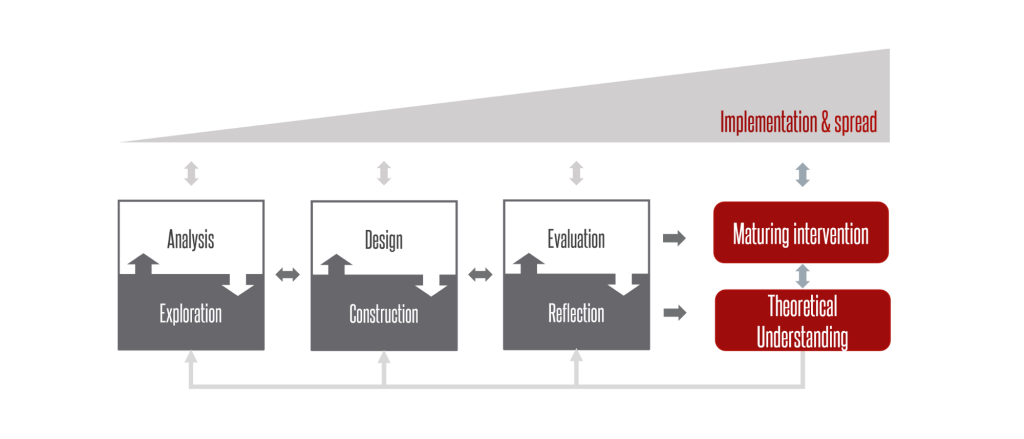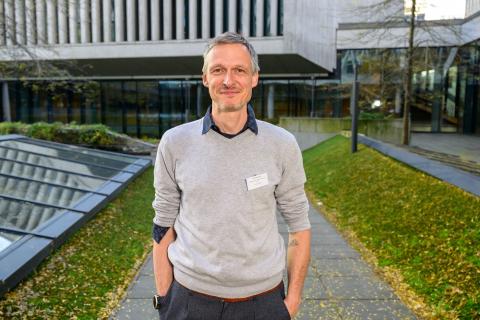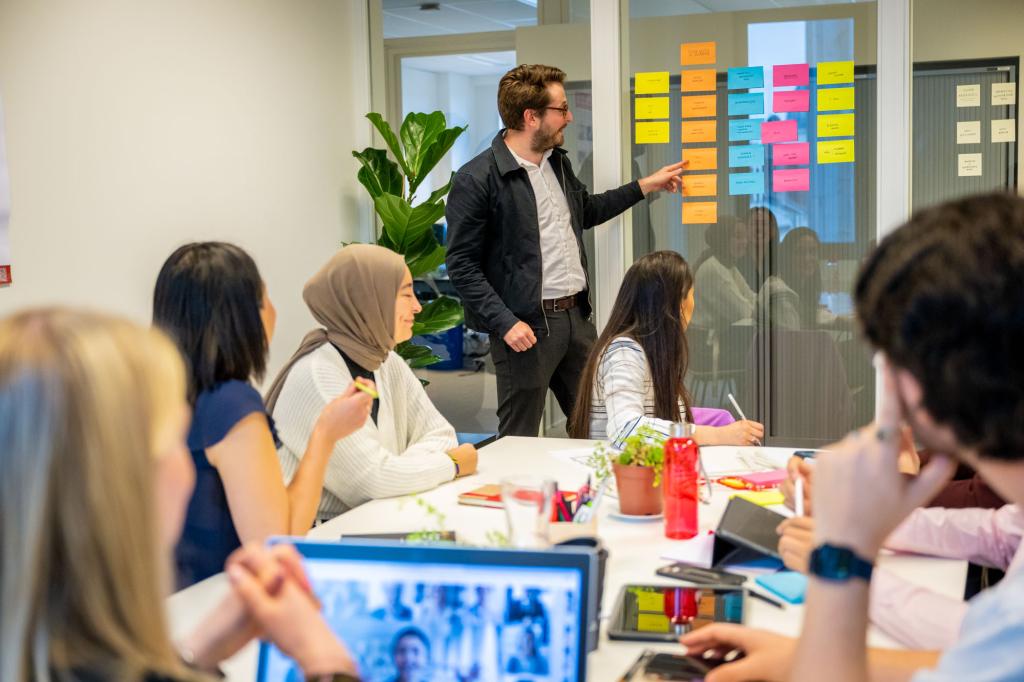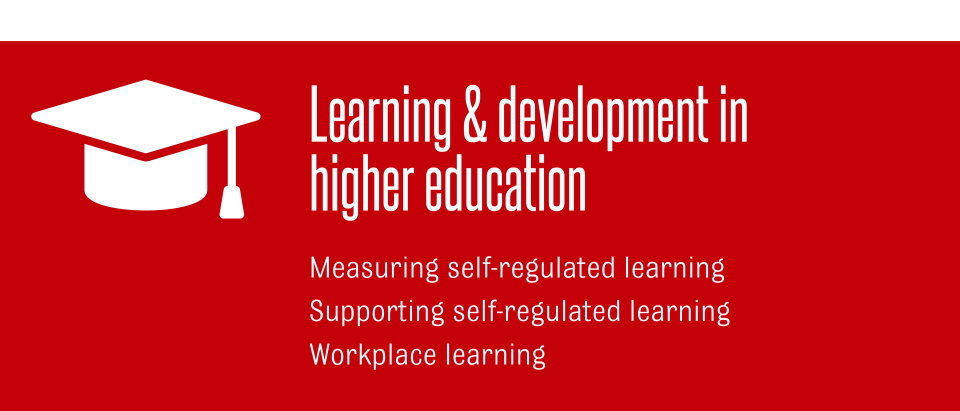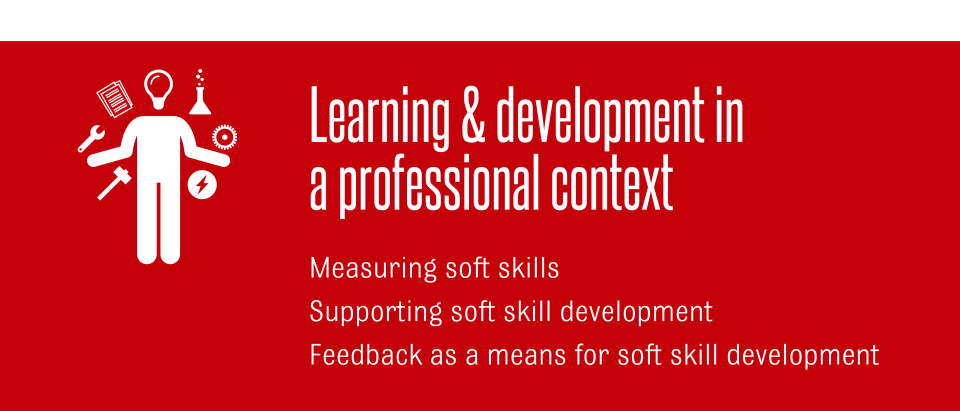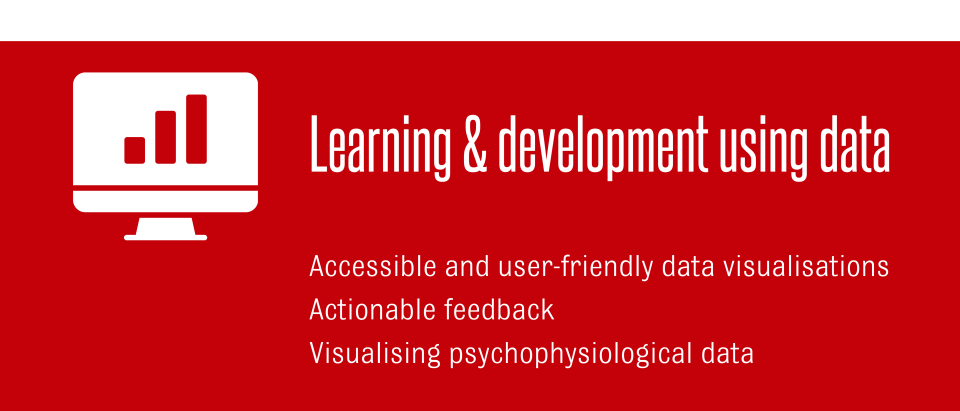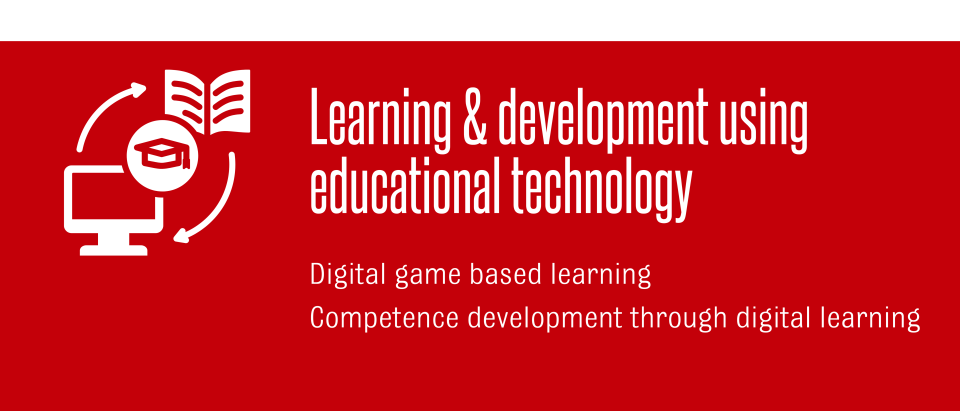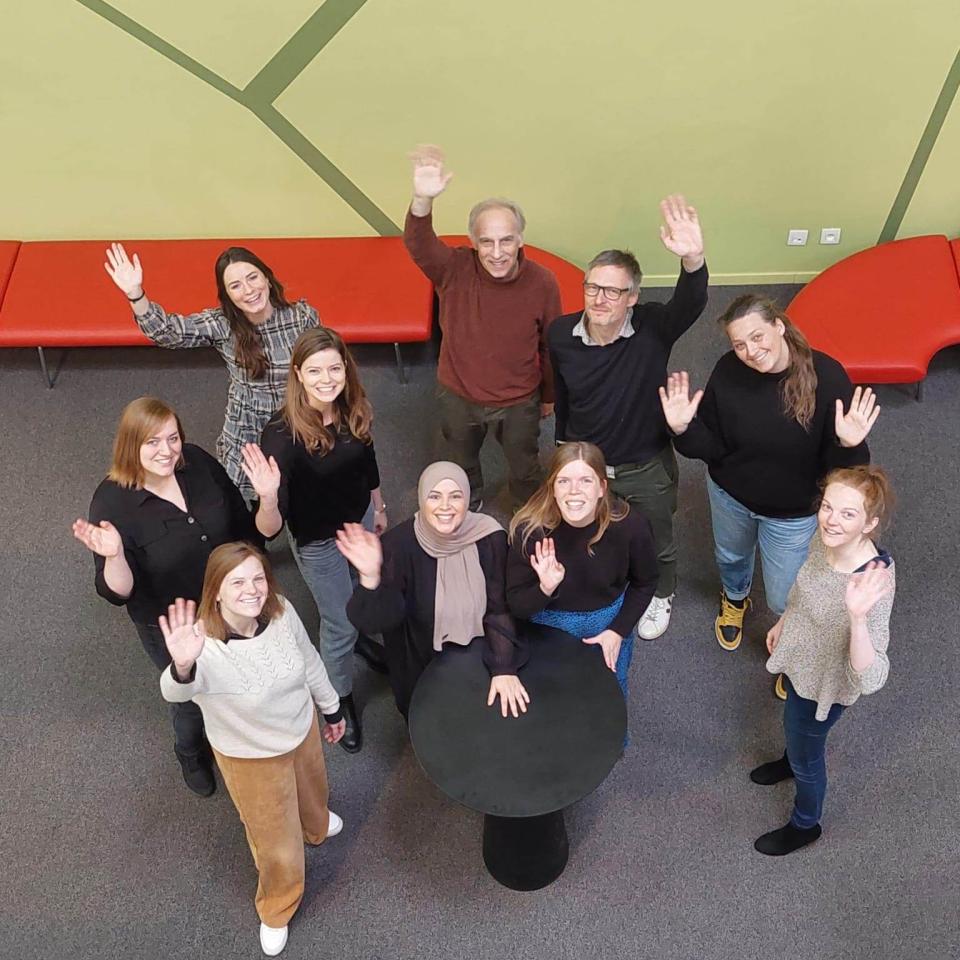
Who are we?
Lifelong learning is regarded as pivotal for tackling both economical and societal challenges. Illustrative for the importance of this topic is the fact that enhancing lifelong learning is part of the so-called Sustainable Development Goals (SDG 4: Quality Education). However organisations and educational institutions often struggle to translate scientific knowledge regarding (lifelong) learning into concrete innovations.
We, at the research and expertise centre on lifelong learning and innovation, build bridges between scientific knowledge and educational practice with the aim of both enhancing (lifelong) learning in educational institutions and organisations and advancing scientific knowledge. We therefore conduct practice oriented scientific research using Educational Design Research as our preferred methodological framework. More detailed information on the framework can be found below. As bridgebuilders, we believe in research cooperation both with research institutions and organisations. Possible ways of cooperating are described below. We are a dynamic team of 10 researchers and look forward to cooperating with you.
Lifelong learning can be considered to be a container concept. We therefore opted to focus our research efforts into four research domains:
-
Learning and innovation in higher education
-
Learning and innovation in a professional context
-
Learning and innovation using data
-
Learning and innovation using educational technology
More specific information on these research domains and an exemplary project can be found at the bottom of the page.






